
The reason, he said, is that the health of Thein Sein, our general-turned-civilian-president, is set to go downhill about then.
I asked the source how he knew this.
"This is what an astrologer has been telling us for the past few months," he replied.
Really?
"Yes. It comes from the chief astrologer, the one that the top brass rely on."
I sighed. This is the Burma that I know only too well.
By now it's no secret that Burmese rulers are deeply superstitious, often drawing on the advice of fortunetellers when making important decisions (including economic ones). In early 2011, the former dictator Than Shwe and his entourage (including Thein Sein) dressed in women's longyis (sarong-like garments) as a way of countering the influence of The Lady, Aung San Suu Kyi, and reversing her karma.
So we shouldn't dismiss this latest prediction with a derisive laugh. The ruling elites take their soothsaying extremely seriously.
So is there any basis for such concerns? All I know is the following:
A person who met the president two weeks ago says that Thein Sein was coughing a lot during the meeting. The president, who suffers from heart disease, received a new pacemaker during his recent visit to Singapore. But the same source says that Thein Sein doesn't feel "comfortable" with it.
In a meeting with a dissident early last month, a cabinet minister who is a close aide of Thein Sein also expressed concern about the latter's health.
However, the president's speech on Thursday, which lasted almost an hour, showed him to be in relatively good shape. He only made a few throat-clearing coughs halfway through, and then again near the end of the speech. (The photo above shows him greeting members of parliament just before it.)
Let's suppose that the astrologer's prediction turns out to be true. Past experience, shaped by Burma's tradition of personalized rule and weak institutions, suggests that we are likely to see the rise of hardliners and an intense power rivalry within the regime. Though Thein Sein has officially denied that there are any opponents of reform in the administration, several government insiders have told me and other observers that there are elements within the regime who are not happy with the president's course. Apparently they have even tried to bring the former dictator Than Shwe back into play as a way of foiling or at least slowing down the reform process.
That is why Aung San Suu Kyi recently cautioned that the reforms are not irreversible: "Ultimate power still rests with the army so until we have the army solidly behind the process of democratization we cannot say that we have got to a point where there will be no danger of a U-turn."
If the death of a key player complicates Burma's fragile political transition, a number of scenarios are possible: splits or purges, the emergence of a new autocrat, military intervention, or a popular uprising. Worse still, these scenarios are not mutually exclusive.
As long as reform in Burma is based on personalities rather than institutions, any abrupt change at the top can trigger instability. We probably don't need any astrologers to understand that, though. Reading history ought to be enough.





















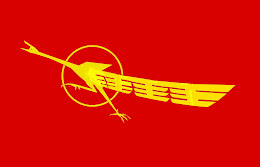





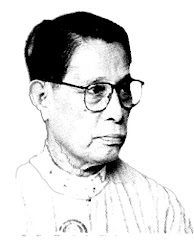



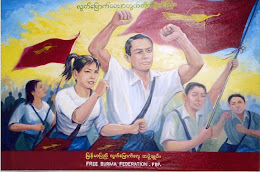





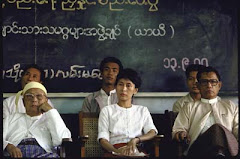

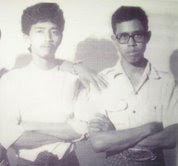

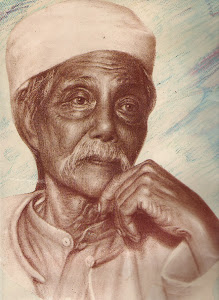
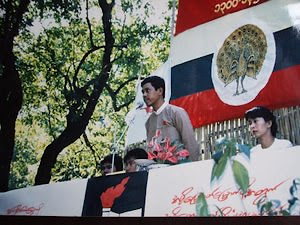
No comments :
Post a Comment